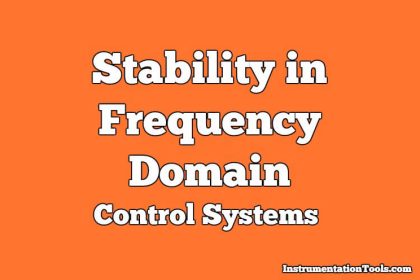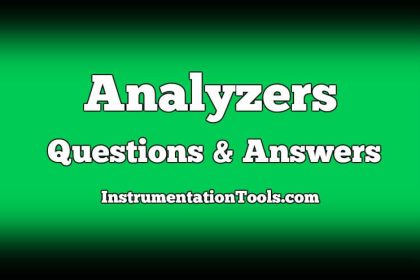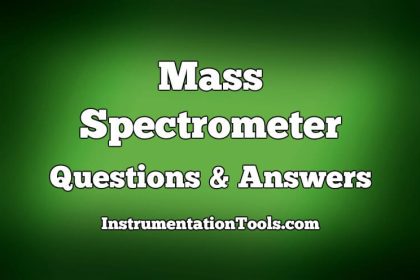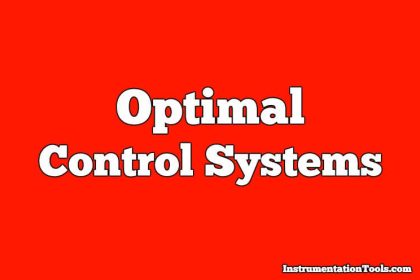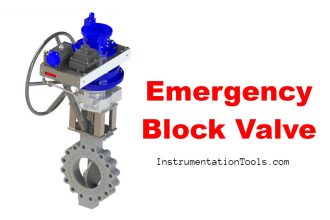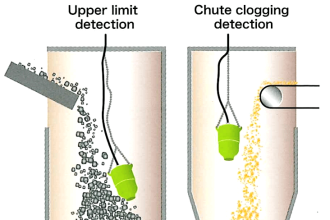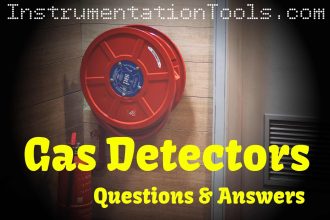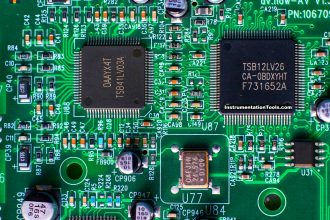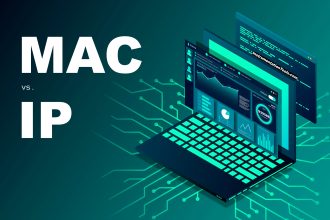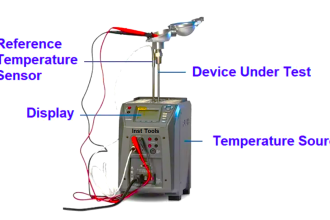The Infinite Time Regulator Problem
1. In infinite time regulator for the final time is:
a) t1
b) t0
c) Infinite
d) Zero
Answer: c
Explanation: In infinite time regulator is the extended version of the state regulator and the final time for the infinite time regulator is infinite in this case.
2. When time and the state variables tend to infinity then the system becomes:
a) Unstable
b) Stable
c) Marginally stable
d) Conditionally stable
Answer: b
Explanation: The terminal penalty term has no significance and it does not appear in the performance index and terminal time if tends to infinity then the system becomes stable.
3. In finite time regulator:
a) There is no restriction on the controllability of the plant
b) Performance index is infinite
c) Instability imposes problem in finite-interval control
d) No restriction on controllability and performance index
Answer: a
Explanation: In finite time regulator there is no restriction on the controllability of the plant. This is because is always finite and instability does not impose any problems in finite-time control.
4. Performance index can become infinite if:
a) One or more state are uncontrollable
b) The uncontrollable states are uncontrollable
c) The unstable states are reflected in system performance index
d) All of the mentioned
Answer: d
Explanation: Performance index can become infinite if one or more states are uncontrollable and unstable states are reflected in system performance index.
5. In Infinite regulator the optimal control cannot be differentiated from other controls.
a) True
b) False
Answer: a
Explanation: In infinite regulator the optimal control may have same output for all the controls as the same solution for the infinite regulators will exist.
6. The differential term in the riccati equation in infinite regulator is:
a) Finite
b) Positive
c) Infinite
d) Zero
Answer: d
Explanation: As the final time is not defined hence the differential term of the riccati equation becomes zero and the equation we get is the modified riccati equation.
7. The solution of the modified riccati equation may be:
a) Independent
b) Dependent
c) Unique
d) Non-unique
Answer: d
Explanation: The solution of the modified Riccati equation may not be unique as the solution depends upon the requirement that P must be positive and definite.
8. If Q is positive semi- definite:
a) The optimal closed loop system is asymptotically stable
b) The asymptotic stability is not guaranteed
c) The system is stable
d) The system is unstable
Answer: b
Explanation: If the plant is controllable and bounded and in infinite state regulators the asymptotic stability is not guaranteed even if the Q is positive and semi-definite.
9. Tracking problem can be in:
a) Infinite state regulators
b) Finite state regulator
c) Sub-optimal state regulators
d) Non-linear regulators
Answer: c
Explanation: The application of the optimal regulators is that the minimum time, energy, fuel and tracking problems are designed.
10. The regulators that convert the non-linear stability into linear stability:
a) Linear
b) Sub-optimal
c) Finite
d) Infinite
Answer: d
Explanation: In infinite state regulators stability is not guaranteed and hence the nonlinear stability is converted into to the linear stability.

